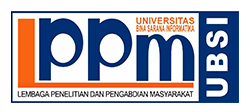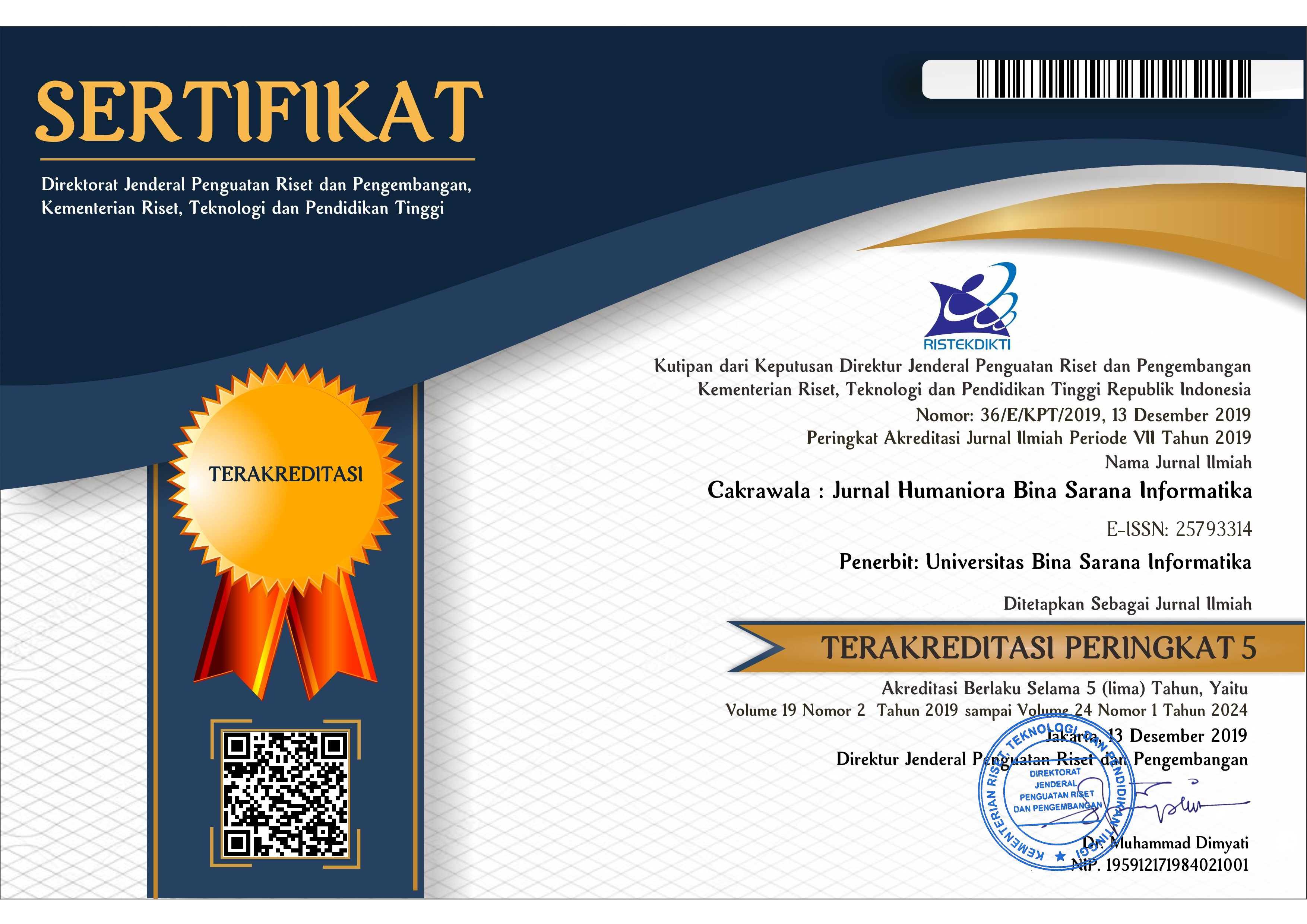Mediation As an Alternative for Dispute Resolution in Sharia Insurance in Indonesia
Abstract
Full Text:
PDFReferences
Adolf. Huala, (2006). .Analysis and Evaluation of Dispute Resolution Law through Arbitration (Law Number 30 of 1999), BPHN. 8.
Boulle. Laurance, (1996). Mediation Principles, Process, Practice., Sydney: Butterworths. 35-41.
Fuady. Munir, (2000). National Arbitration: An Alternative for Business Dispute Resolution., Bandung: Citra Aditya. 50.
Goodpaster. Garry, (1996). Review of Dispute Resolution. In the Basics of Economic Law Series 2: Arbitration in Indonesia., Jakarta: Ghalia Indonesia. 16.
Harahap. Yahya, (1997). Several Reviews of the Judicial System and Dispute Resolution., Bandung: PT. Citra Aditya Bakti. 155.
Khairandy Ridwan, (2002). Looking for Alternative Solutions, Business Law, October-November Edition. 4.
Margono Suyud, (2000). ADR & Arbitration – Institutionalization Processes and Legal Aspects., Bogor: Ghalia Indonesia. 34.
Moore Christopher W, (1997). Basic Principles Underlying an Environmental Dispute Resolution System., Jakarta: Indonesian Center for Environmental Law. 85.
Widjaya. Gunawan, (2003). Alternative Dispute Resolution. Jakarta: Raja Grafindo Persada. 2.
Sembiring. Jimmy Joses, (2011). How to Resolve Disputes Outside the Court (Negotiation, Mediation, Conciliation, Arbitration), Jakarta: Visi Media. 140.
Subroto. Gatot, (2006). Arbitration and sMediation in Indonesia, Jakarta: PT Garmedia Pustaka Utama. 122.
Usman. Rachmadi, (2013). Options for Dispute Resolution Outside the Court, Bandung: Citra Aditya Bakti. 332
DOI: https://doi.org/10.31294/jc.v25i1.27079
ISSN: 2579-3314


Dipublikasikan oleh LPPM Universitas Bina Sarana Informatika
Jl. Kramat Raya No.98, Kwitang, Kec. Senen, Kota Jakarta Pusat, DKI Jakarta 10450

This work is licensed under a Creative Commons Attribution-ShareAlike 4.0 International License









